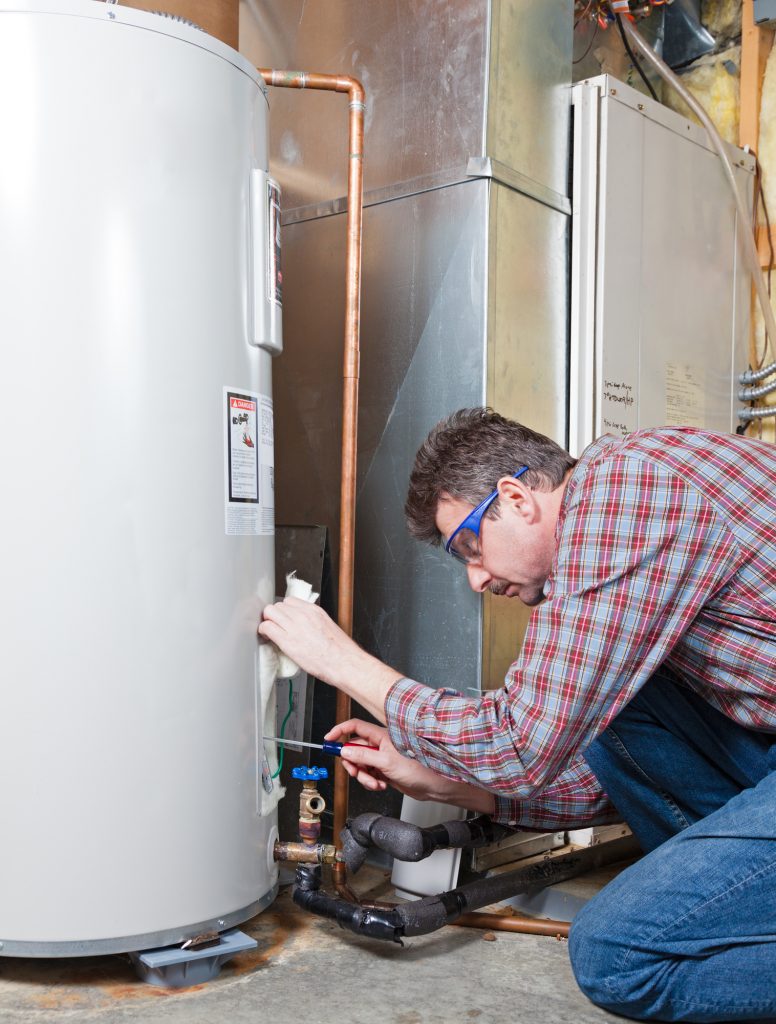How to Extend the Lifespan of Your Water Heater
Your water heater is an essential yet often overlooked component of your home, quietly providing you with hot water for showers, washing dishes, and more. As a homeowner in the US, ensuring that this critical appliance runs efficiently and lasts as long as possible should be one of your top priorities.
In this blog post, we’ll reveal expert tips on how to extend the lifespan of your water heater through proper maintenance and care.
If you live in the Chicago, Illinois area and need your water heater serviced, you can learn more by clicking the link for further reading.
Regular maintenance and inspections
Regular maintenance and inspections are crucial for extending the lifespan of your water heater. These routine check-ups help ensure that everything is functioning properly, which can ultimately save homeowners money on repair costs and prolong the life of their investment.
For example, performing an annual inspection on your water heater allows you to identify any signs of corrosion or leaks early on, enabling you to address them before they become significant issues.
Having a professional examine key components like the pressure relief valve, gas lines, and thermostat settings will also give you peace of mind knowing that your system is running safely and efficiently.
In addition to keeping an eye out for potential concerns during these inspections, don’t forget about essential maintenance tasks like flushing the tank to remove sediment buildup and checking the anode rod for deterioration.
Flushing the tank
Flushing the tank of your water heater is an essential part of routine maintenance that can help extend its lifespan by keeping it free of sediment and mineral buildup. Over time, these deposits can accumulate at the bottom of your tank, reducing efficiency and potentially damaging components.
Flushing involves draining the entire tank to remove any debris inside. To do this, turn off your water supply and electricity or gas, attach a hose to the drain valve at the bottom of your tank, then open it up to let all the water out.
Regular flushing is especially important if you have hard water in your area as minerals like calcium and magnesium can build-up faster over time. The frequency with which you should flush depends on a few factors such as usage patterns or whether you’ve installed a filter system to reduce these deposits from entering into your plumbing lines.
Checking the anode rod
The anode rod is a crucial component in your water heater that helps prevent corrosion and rusting of the tank. Over time, the anode rod can become depleted and must be checked regularly to avoid costly damages.
To check the anode rod, you will need to turn off the water and power supply to your heater before removing it from the top of the unit. If you notice significant wear or if it’s less than ½ inch thick, then replacing it might be necessary.
It’s essential to replace this inexpensive part as needed because neglecting it could result in damage that requires expensive repairs or even a complete replacement of your water heater.
Adjusting the temperature
One of the easiest ways to extend the lifespan of your water heater is by adjusting its temperature. Most manufacturers recommend setting it at 120 degrees Fahrenheit, which not only saves energy but also reduces wear and tear on the unit’s components.
If you have a gas-powered heater, make sure to turn off the gas supply before adjusting the temperature settings.
Setting your water heater’s temperature too high can lead to overheating, scalding hot water, and even damage to other parts like pipes or valves. On top of that, higher temperatures mean more energy usage and higher bills for you.
Keep in mind that small adjustments should be made gradually over time until you find what works best for your household’s needs – don’t try to make drastic changes all at once.
Conclusion
In conclusion, taking care of your water heater can save you money and avoid the inconvenience of a breakdown. By following these simple tips such as regular maintenance, flushing the tank, checking the anode rod, and adjusting temperature settings, you can extend the lifespan of your water heater.
It’s important to stay on top of signs that indicate it may be time for a repair or replacement. Remember to call a professional if you notice any issues such as rusty water, leaks, or inconsistent hot water.




